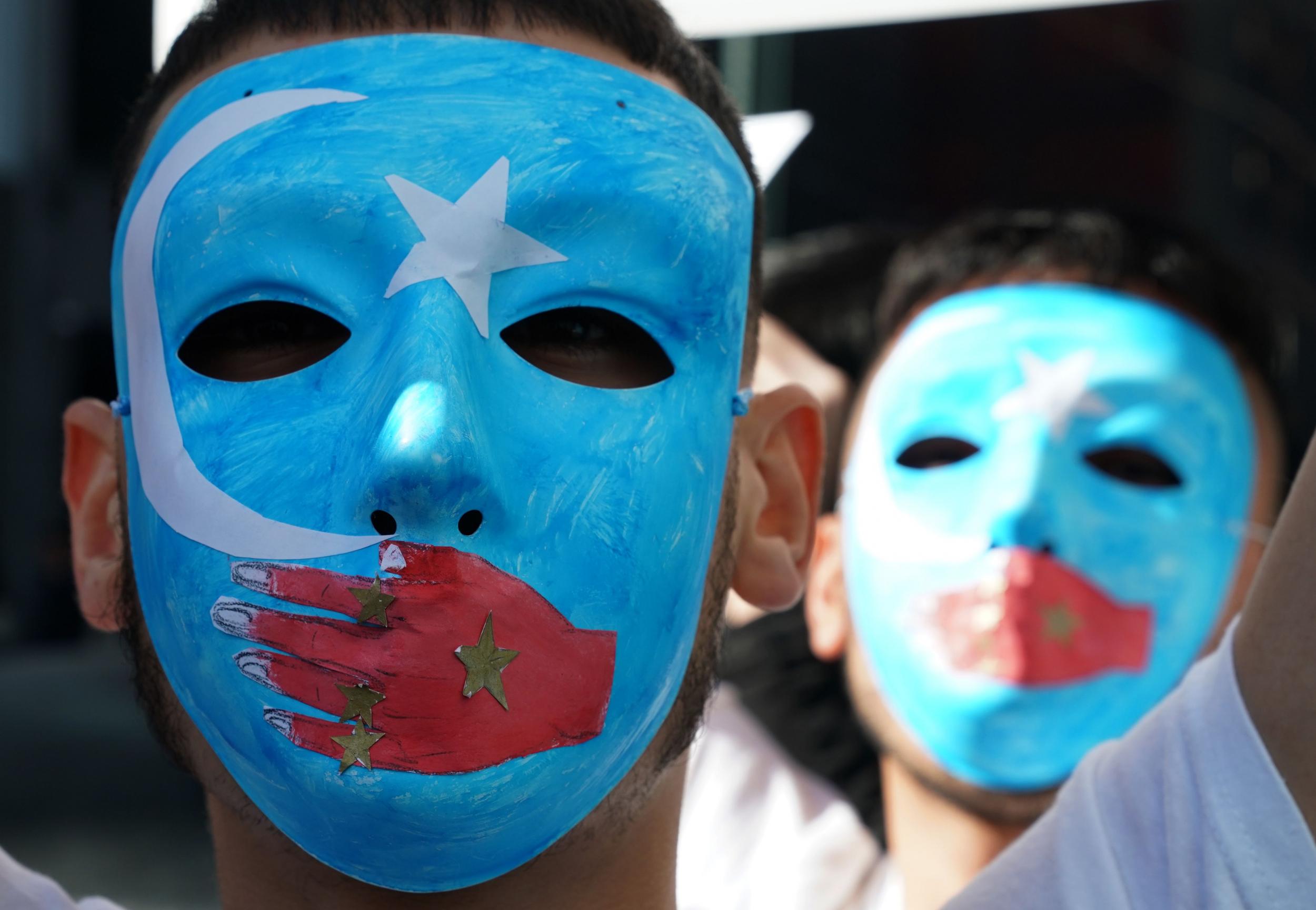US bans all cotton and tomato products from Xinjiang over slave labour links
The ban will apply to raw fibres, apparel and textiles produced from cotton, along with tomato-based food products and seeds from the region

The US has imposed a ban on all cotton and tomato products from China’s western Xinjiang region over concerns of use of forced Uighur Muslim labour, US Customs and Border Protection (CBP) said.
The agency issued a Withhold Release Order (WRO) and said all the products coming in the ambit of the two categories would be seized at US ports.
The region-wide ban is based on the information that “reasonably indicates” the use of detained or prisoned labour, claiming authorities have found examples of debt bondage, forced labour, isolation, intimidation and threats, withholding of wages, and abusive working conditions.
They said the companies have been found in at least six labour violations against Uighur and other ethnic minorities in Xinjiang.
“Today’s order instructs thousands of Customs agents at all ports of entry to detain those goods coming in from Xinjiang,” Mark Morgan, Commissioner at CBP, said.
The ban will apply to raw fibres, apparel and textiles produced from cotton grown in the region, along with tomato-based food products and seeds from the region, including ketchups and sauces.
The agency, which is part of the US Department of Homeland Security (DHS), said the ultimate goal of the ban is that “China abandons these horrific practices.”
The ban could be a major setback for Xinjiang which is China’s cotton and tomato growing hub. US imported an estimate of about $9bn of cotton products and $10m worth of tomato products in the last year, according to CBP.
This is not the first time that US slapped WROs on Chinese firms. In December, CBP issued a ban against cotton products made by Xinjiang governmental organisation, Xinjiang Production and Construction Corps (XPCC).
Xinjiang was whacked with 13 WROs by CBP in 2020, all on the allegations of forced labour.
US Human rights experts have been consistently calling out the government of Chinese President Xi Jinping for its crackdown on Uighur minorities. It is estimated that about 1 million to 3 million Uighurs, Kazakhs and others are being held in detention, which secretary of state Mike Pompeo has dubbed as "internment camps."
Beijing has denied the accusations and said its policies are combating terrorism and religious extremism. It says the camps are vocational schools for "political re-education" for Uighur Muslims who are helped to find employment.
"CBP will not tolerate the Chinese government's exploitation of modern slavery to import goods into the United States below fair market value," the agency's Acting Commissioner Mr Morgan said in a statement.
"Imports made on the cheap by using forced labour hurt American businesses that respect human rights and also expose unsuspecting consumers to unethical purchases," Mr Morgon said.
The American move came a day after the British government announced it will take a more stern approach against organisations that hide links with the Xinjiang region.
UK Foreign Secretary Dominic Raab on Tuesday said the British government has a "moral duty" to address the situation of the alleged ill-treatment of Uighurs in China. He said the government will adopt new measures to make sure UK businesses are not part of the Xinjiang supply chains and they are not “complicit in, nor profiting from, the human rights violations in Xinjiang."
Join our commenting forum
Join thought-provoking conversations, follow other Independent readers and see their replies
Comments



Bookmark popover
Removed from bookmarks